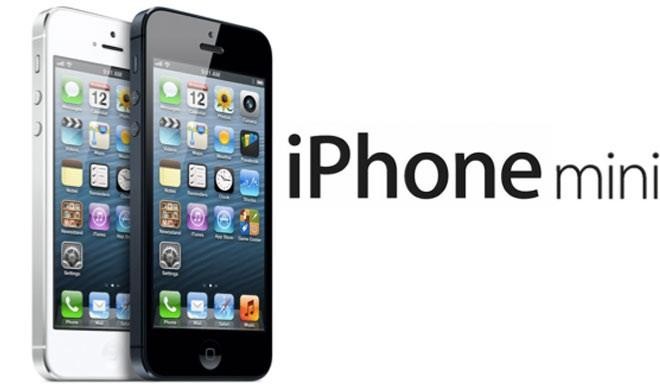375m smartphones shipped in Q3 as recession takes toll on Nigerian market
Depression is affecting the boisterous smartphone market in the country as many sellers now complain of low patronage even as Smartphone shipments across the world increased by six per cent in third quarter 2016. The patronage of mobile phones and other devices has gone down by as much as 60 per cent, many smartphone sellers […]


Depression is affecting the boisterous smartphone market in the country as many sellers now complain of low patronage even as Smartphone shipments across the world increased by six per cent in third quarter 2016.
The patronage of mobile phones and other devices has gone down by as much as 60 per cent, many smartphone sellers told Daily Trust in Abuja yesterday.
A seller at Wuse Market, Godwin Okechukwu, said the last time consumers besieged his shop to buy new phones was July.
Rather than buy new phones, most Nigerians are now forced to either maintain their damaged devices or go phone swap, by trading their damaged or old phone for a new one at a phone shop and add a little money.
Many are also buying refurbished ones or low-end devices available because of the economic down town, several sellers told our reporters.
Meanwhile, a new report by Strategy Smartphone has said smartphones shipments increased by six per cent in third quarter 2016, representing the industry’s fastest growth in a year..
The latest report showed 375 million units shipped in Q3 2016, up from 354.2 million in Q3 2015, with growth outlook for the second half of the year improving due to high-profile product launches from Apple, Huawei and others.
Samsung maintained first position with 20 per cent global smartphone market share, despite seeing a 10 per cent shipment fall annually.
Strategy Analytics said the electronic company shipped 75.3 million devices worldwide, falling from 83.8 million, representing its slowest growth for two years.
In the quarter, it was forced to issue a recall, and then discontinue its Galaxy Note 7 device, and Neil Mawston, executive director at the analyst house, said the situation “was handled badly, which dented its brand image and left a large product gap in its smartphone line-up”.
“Samsung will now be looking to its next flagship launch, such as the rumoured Galaxy S8 model, to recover momentum in 2017,” he added.
Closest rival Apple, which launched its latest flagships, the iPhone 7 and 7 Plus, saw shipments also drop by 5 per cent, while market share decreased from 14 to 12 per cent.
“Apple has been given a slight boost by ’Samsungs Note 7 missteps, but it continues to face iPhone fatigue among many consumers in major regions such as China and Europe,” added Mawston.
